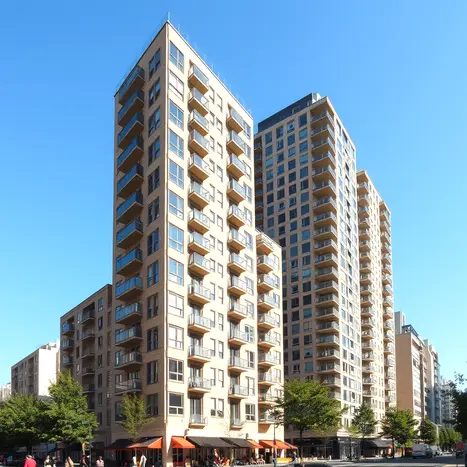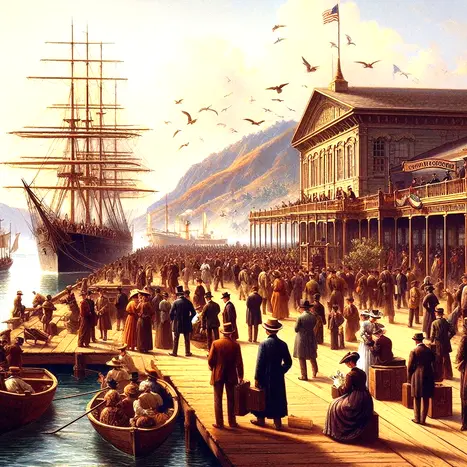
After the conclusion of World War II, reparations became a significant topic of discussion among the Allied powers. The devastation caused by the war necessitated a comprehensive approach to rebuilding, and reparations were seen as a means to address the damages inflicted during the conflict. This article explores the reparations that Britain received from Germany following the war.

After World War II, the landscape of international relations was significantly altered, particularly concerning reparations. The reparations were intended to compensate for the extensive damage and suffering caused by the war. As one of the principal Allied powers, the United States had a complex relationship with Germany regarding reparations.

Following the conclusion of World War II, the issue of war reparations became a significant topic in the international community. Having been defeated in the war, Germany faced numerous demands from various countries for compensation for the damages caused during the conflict. This article explores the nations that received reparations from Germany and the nature of these reparations.

After the conclusion of World War II, Germany faced significant reparations due to its role in the conflict. The reparations were part of a broader effort by the Allied powers to hold Germany accountable for the war's devastation and to ensure that it would not pose a similar threat in the future. This article explores the nature of these reparations, the agreements made, and their long-term implications.

The issue of reparations following World War I have been a significant topic in historical studies and political discourse. This article explores when Germany completed its reparations obligations imposed by the Treaty of Versailles and the broader implications of these payments.

The imposition of reparations on Germany following World War I marked a significant chapter in international relations and economic policy history. This article explores these reparations' background, implementation, and consequences, shedding light on their lasting impact on Germany and the broader European landscape.

In the aftermath of World War II, Britain faced significant challenges, including housing shortages, urban overcrowding, and the need for economic revitalisation. To address these issues, the British government initiated the New Towns Movement to create planned communities to alleviate pressure on existing urban areas.

A new study reveals sea surface temperature, not human emissions, drives atmospheric CO2 levels. Despite all the concerns surrounding human emissions, fossil fuel emissions have a minimal impact on atmospheric CO2 levels, especially in comparison to natural factors such as natural fluctuations in sea surface temperatures.

08 May 2024 - the European Medicines Agency (EMA) announced the withdrawal of the authorisation for AstraZeneca's Vaxzevria at the request of the marketing authorisation holder. The EMA had initially approved AstraZeneca's COVID-19 vaccine in January 2021. However, concerns about its safety arose when several countries suspended its use due to blood clots in vaccinated individuals.

This simple dialogue can be used to balance your chakras. Either use the dialogue as a guide to chakra balancing or record it and use it as a voice-guided session. This is the dialogue that is used in the Chakra Balancing Program.

Migration has been a significant aspect of the United Kingdom's demographic landscape, influencing its economy, culture, and social fabric. As of 2024, the UK continues to experience notable levels of migration, with various factors contributing to these trends. This article provides an overview of the current migrant figures in the UK and the countries from which these migrants originate.

During the COVID-19 Pandemic Lockdown, there were some lighter moments - this was my favourite.

